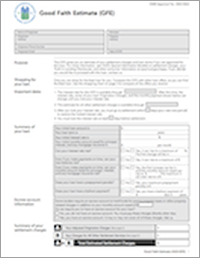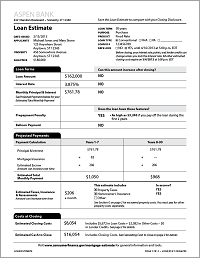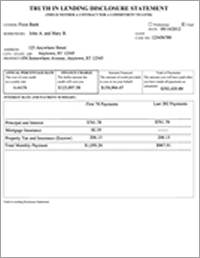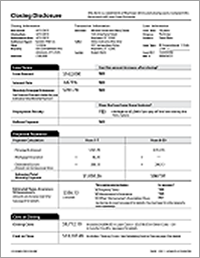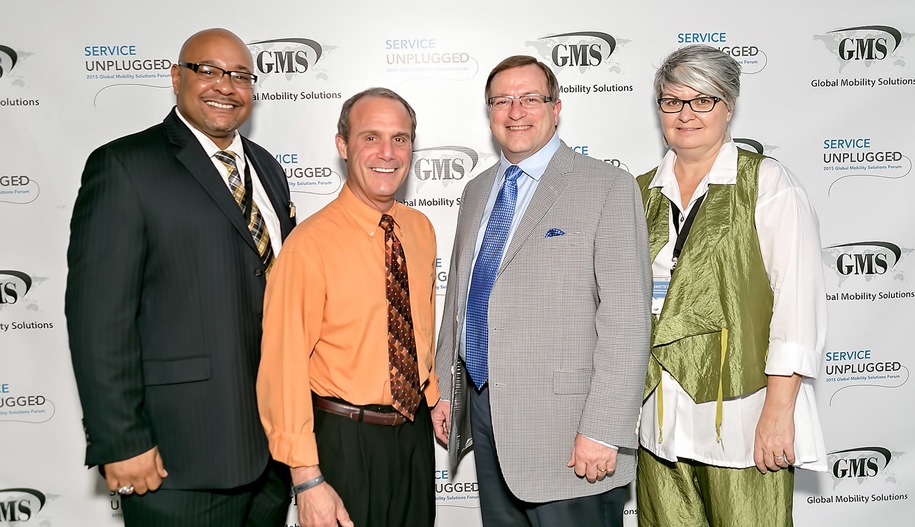Workforce mobility or employee relocation refers to the processes or relocation services involved in the transfer of employees or potential employees from one location to another. Other terms that refer to these processes may include:
- Employee Transfer
- Employee Mobility
- Global Mobility
- Domestic Relocation
- Corporate Relocation
While some of these terms may be used interchangeably, the terms global and domestic mobility may differ in the range of services commonly required for relocating an employee. Reference to global mobility is commonly used as an umbrella term, and includes domestic mobility processes. Reference to domestic mobility usually excludes processes commonly needed for international employee relocation such as visa acquisition, repatriation or language training.
Generally, a company’s management of workforce mobility accounts for ongoing employee support services, supplier management, candidate selection, relocation benefits and expense management. Corporate relocation programs may vary between companies due to size, need, or destination.
The overall process of employee relocation is commonly divided into one of four service brackets including:
Pre-Decision Services
According to Worldwide ERC data, the average cost to relocate an executive level home-owning employee comes to $97,000. For this reason companies seek assurances that a given employee is a good fit for relocation. Pre-decision services aim to uncover any potential issues that may arise prior to the employees relocation in order to reduce the risk of a failed relocation. Some of the most common reasons for failed relocations according to Worldwide ERC include:
- Negative home equity
- Slow real estate housing market
- Family resistance to move
- Spousal employment
- High costs of housing
The below are examples of a few common pre-decision services:
Candidate Assessment – Services that assess candidate expectation, skills, personal qualities, family circumstance, financial preparedness, etc.
Cost of Living analysis – Cost of living comparison of origin and destination cities to help determine acceptable or competitive salary range.
Market analysis – Determines the likely home sale timeline and identifies potential home sale challenges such as negative equity.
School Reports – Public and Private School reports provided to the relocating employee to aid community selection.
Moving Cost Estimates – Cost estimates on household goods transport, helps budget for relocation costs.
Community Search and Tours – Coordinates community orientation tours to familiarize relocating employees to their new location, and assist in selecting an area that fits their particular interests.
Origin services
Origin services account for all services necessary at the transferring employees origin location. Some of these services include:
Expense Management – Establishment of expense reporting and management services for both the company and employee. Designed to track and contain costs during the relocation process. Utilized throughout the entire relocation process*
Home Sale Assistance – May include connecting employees with real estate agents, home marketing assistance, home buying programs, etc.
Household Goods Management – Management of household goods transport from origin to destination. May include procurement of van line services, replacement insurance, and guaranteed “not to exceed” estimates for goods transportation, etc.
Visa and Immigration Services – For international relocations, visa and immigration services organize company and employee documents required for visa acquisition.
Property Management – For employees not selling their home. May include rental marketing assistance, tenant management, vacant property management, landlord consulting, or property maintenance.
Destination services
Destination services account for all services necessary at the transferring employees destination location. The range of destination services sometimes includes a further segmentation of “settling in services” aimed at helping the employee acclimate to their new location. Some of these services may include:
Home Finding Services – Services include connecting employees with real estate agents at destination, home buying assistance, corporate housing, temporary housing, rental assistance, home finding tours, etc.
Settling in Services – Services that aid employee acclimation to their new location including access to online resources, attaining local driver’s license, child care, connecting utilities, locating a primary care physician, etc.
Vehicle Lease or Purchase – Services that assist relocating employees acquire a vehicle including loan support, lease negotiation, etc.
Family Assistance – Services that assist the relocating employee’s family, including spousal employment support, counseling services, stress management assistance, etc.
Return or Repatriation Services
In most cases, employee relocation services for individuals returning from temporary domestic assignments are equivalent to services provided at departure. While there are some short term domestic relocation programs amongst companies, the majority of return services handle an employee’s return from international assignment. International assignments are usually classified into one of four categories:
- Extended Business Travel (EBT): an assignment of 3 months or less.
- Short Term: an assignment lasting 6 months to a year. (range may go up to 2 years)
- Long term assignments: An assignment lasting 2-3 years.
- Permanent: An assignment lasting 3 years or more.
For EBT, short term, and long term assignments, repatriation plans have become an industry recognized necessity for effective employee retainment. According to Atlas surveys around 40% of expatriate employees leave their sponsoring company after assignment. Repatriation services seek to close this gap, and help organizations maximize their workforce investment and retain employees that have acquired substantial knowledge capital. Repatriation is a dynamic service area that has wide variation. For example repatriation counseling helps employees returning from international assignment manage culture shock, and re-acclimate to domestic life. Other services may include:
- Lease termination assistance
- Home services termination (such as utilities)
- Tax equalization
In all, workforce mobility seeks to analyze, manage, execute and optimize the processes involved in transferring an employee from one location to another. For more detailed descriptions of relocation services visit the following pages:
Global Relocation
North America Relocation


